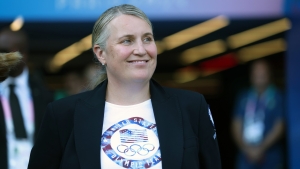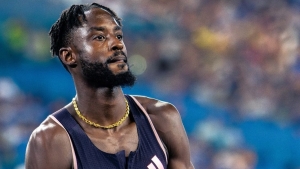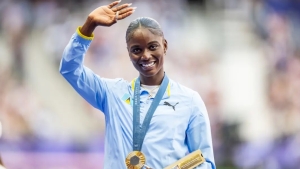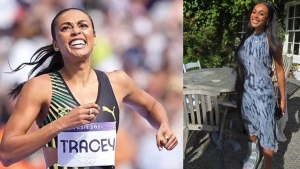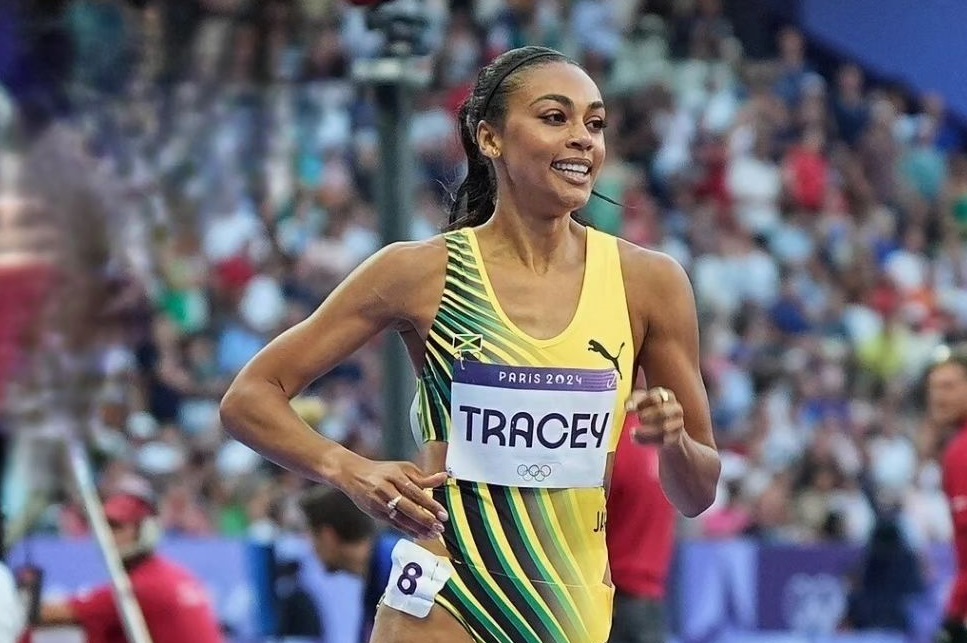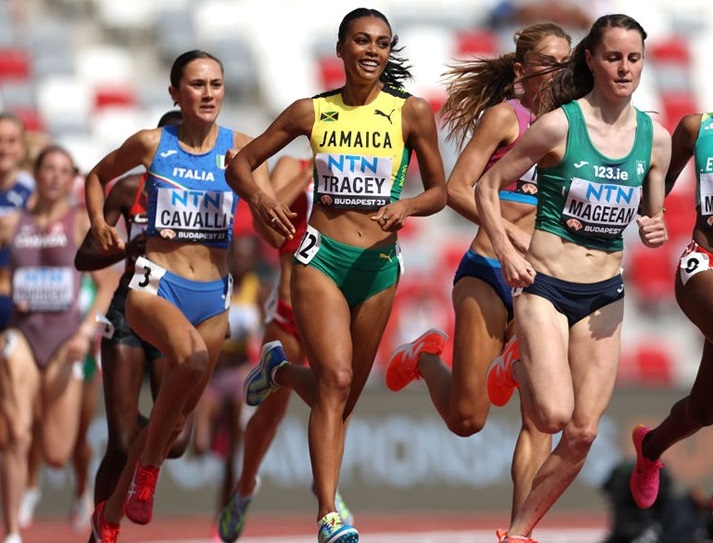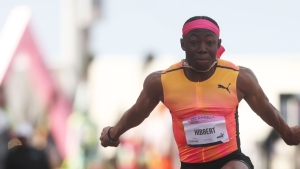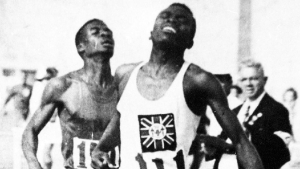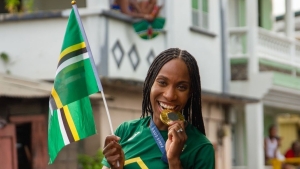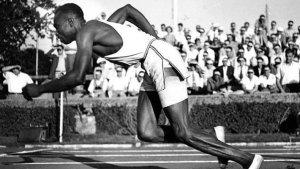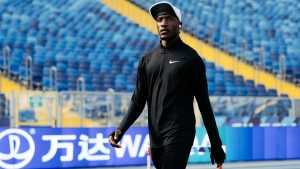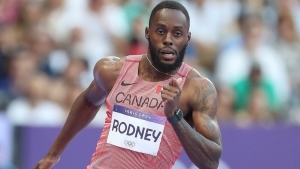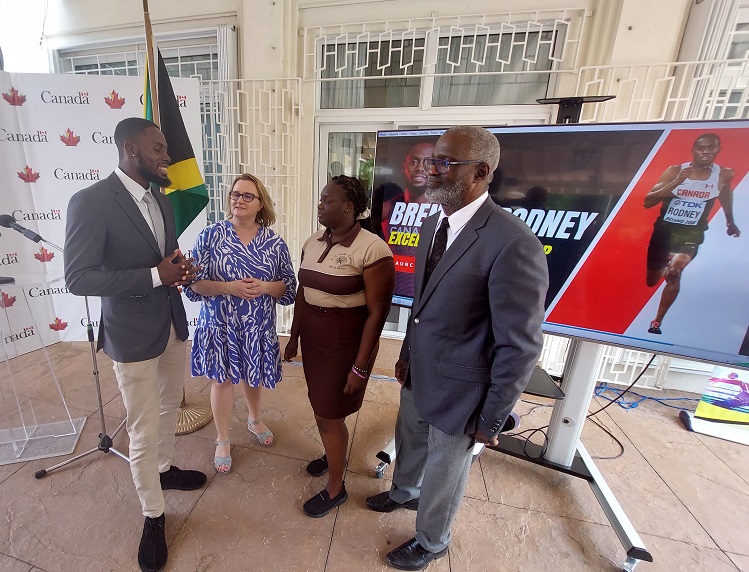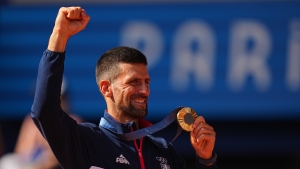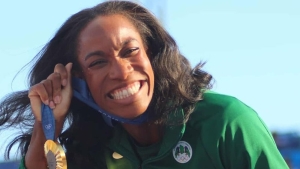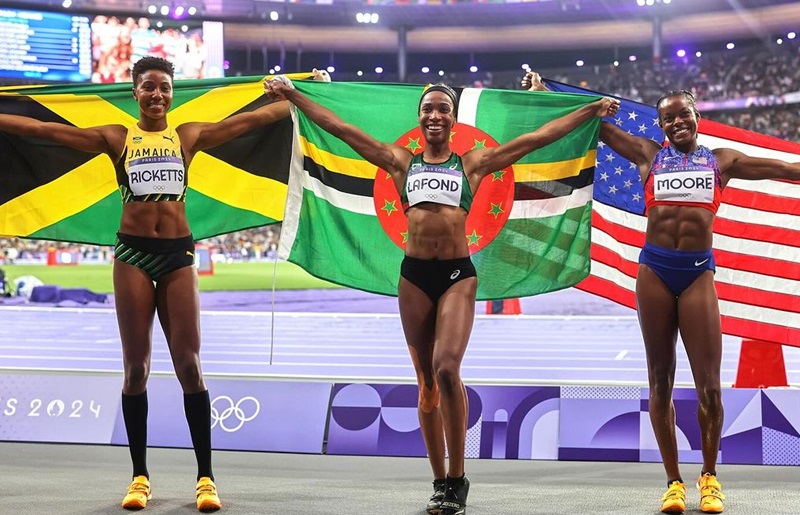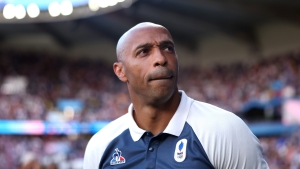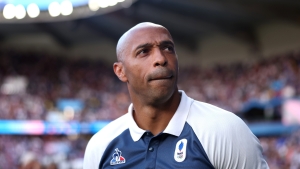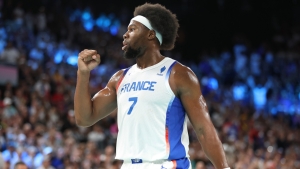Jamaica's sporting community continues to mourn the passing of Olympic gold medalist George Rhoden on Saturday, August 24, 2024, at the age of 97. Rhoden, the last surviving member of Jamaica's legendary 4x400m relay team that won gold at the 1952 Helsinki Olympics, leaves behind a legacy of excellence that has deeply impacted Jamaican athletics.
In the wake of his passing, Jamaica Olympic Association President Christopher Samuda and Jamaica’s Minister of Sport Olivia Grange have expressed their heartfelt condolences to Rhoden’s family, friends, and the wider athletic community.
President Samuda reflected on Rhoden’s life with admiration, highlighting his commitment, resilience, and the pride he took in representing Jamaica on the global stage.
“A life lived nobly and with national pride on the track. A Morgan State University alumnus, who studied and learnt lessons of commitment, resilience, and excellence which he exemplified in his golden exploits in the Helsinki 1952 Olympic Games and preceding Central American and Caribbean (CAC) Games. A Jamaican who understood the value of legacy creation in sport as a critical element of nation building," Samuda said.
He emphasized that Rhoden's life and achievements serve as an inspiration for future generations of athletes, illustrating that greatness is within reach for those who are determined.
"Olympian George Rhoden has bequeathed, generously, to the athletic world a script that we can become what we will ourselves to be and that in any endeavour your footprints will blueprint the length and greatness of your stride," Samuda added.
"My heartfelt regrets to his family who mourn his passing amidst a celebration of a life characterized by values in sport and a pilgrimage on the track, the end of which will continue to inspire the beginning of many a journey by youth."
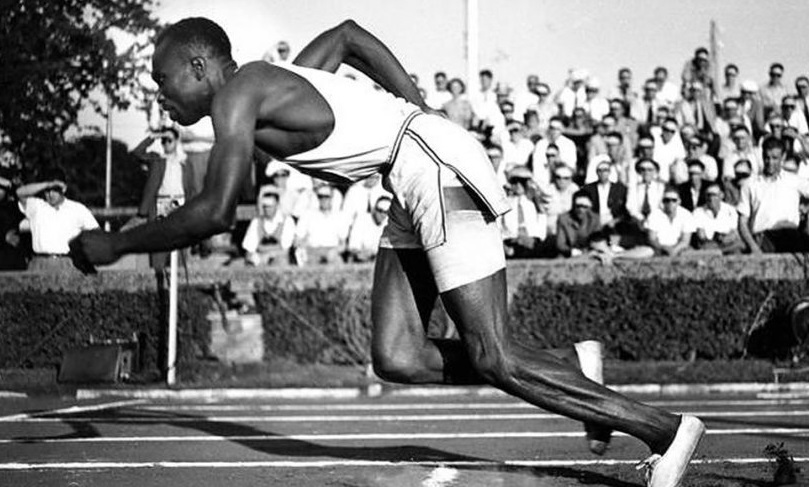
Minister Grange also paid tribute to Rhoden, recognizing his pivotal role in Jamaican track and field history and his enduring impact on the sport.
“It’s so sad that Vincent George Rhoden, the last of the celebrated quartet that won the gold medal for Jamaica in the mile relay at the Helsinki Olympics in 1952, has left us,” Minister Grange said.
She recalled the historic victory of Rhoden and his teammates Herb McKenley, Les Laing, and Arthur Wint in Helsinki, where they not only won gold but set a new world record in the process.
“The team of George Rhoden, Herb McKenley, Les Laing, and Arthur Wint took the gold in world record-breaking time in Helsinki. This they did after their disappointment in the London Olympics in 1948 when Arthur Wint pulled up in the race. Of note also is the fact that before the relay, George had beaten his close friend, Herb McKenley, to win the gold medal in the 400m,” Grange reflected.
Minister Grange also pointed out Rhoden’s significant achievements prior to the Olympics, including his world record in the 400m in 1950, a performance that set the stage for Jamaica’s future successes in track and field.
“There is no doubt that Vincent George Rhoden played his part in paving the way for future generations of Jamaican track athletes, who have certainly not let him down,” she said.
Expressing her condolences, she added, “My most sincere condolences to his family, relatives, friends, and associates. A sprinter par excellence but whose long life was more like a marathon. Rest in peace, Vincent George Rhoden.”
George Rhoden’s passing marks the end of an era for Jamaican athletics, but his legacy will continue to inspire and guide future generations of athletes as they strive to emulate his achievements and uphold the proud tradition of Jamaican excellence on the track.
























